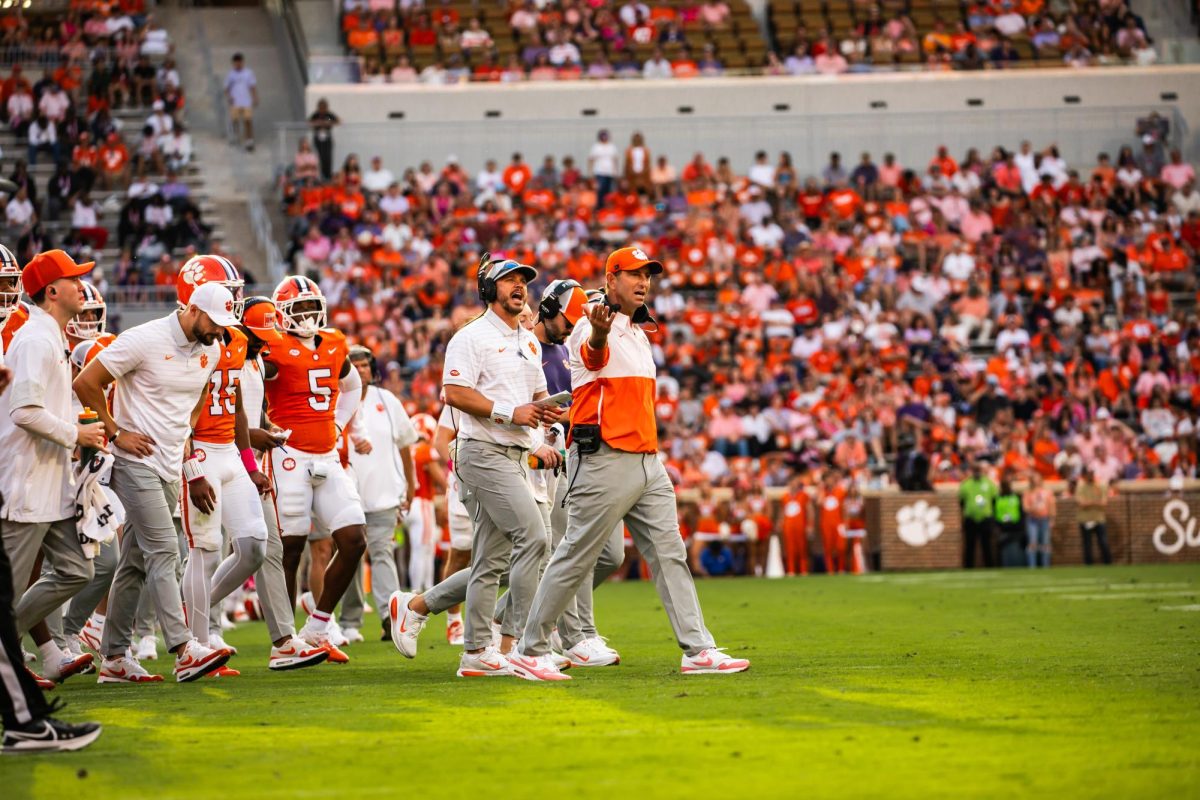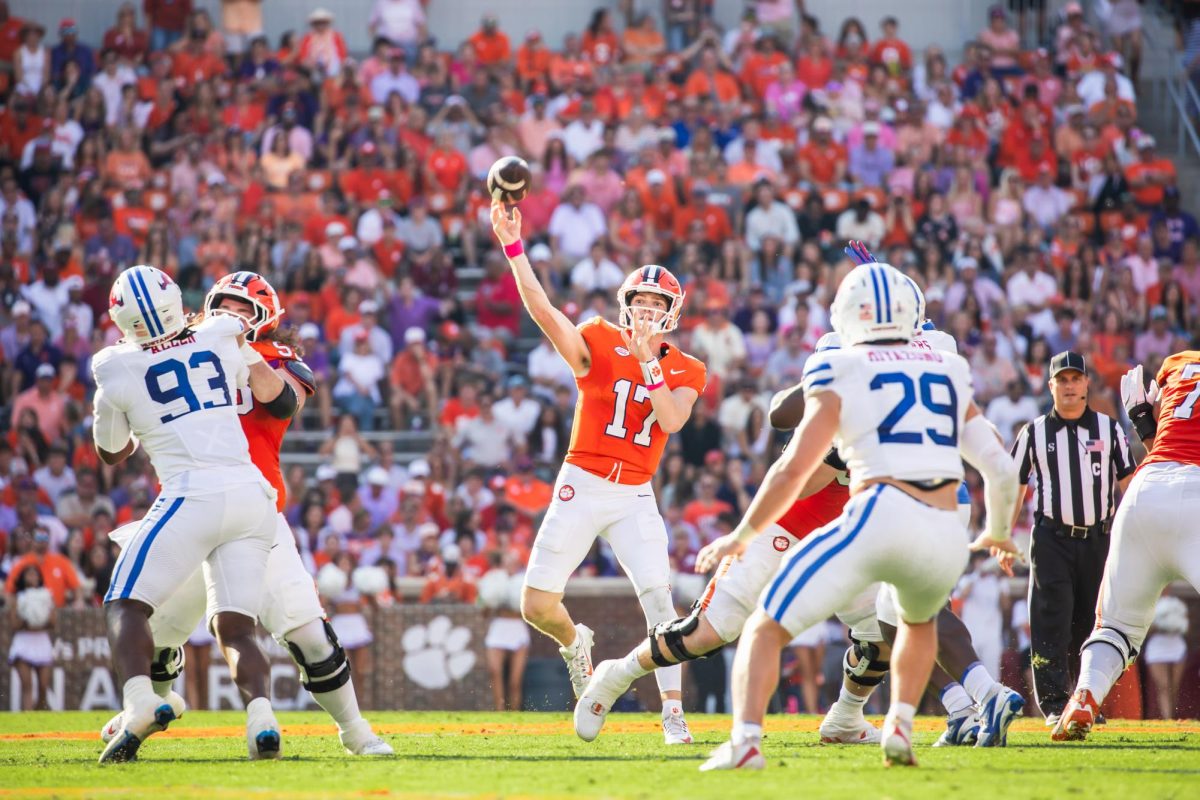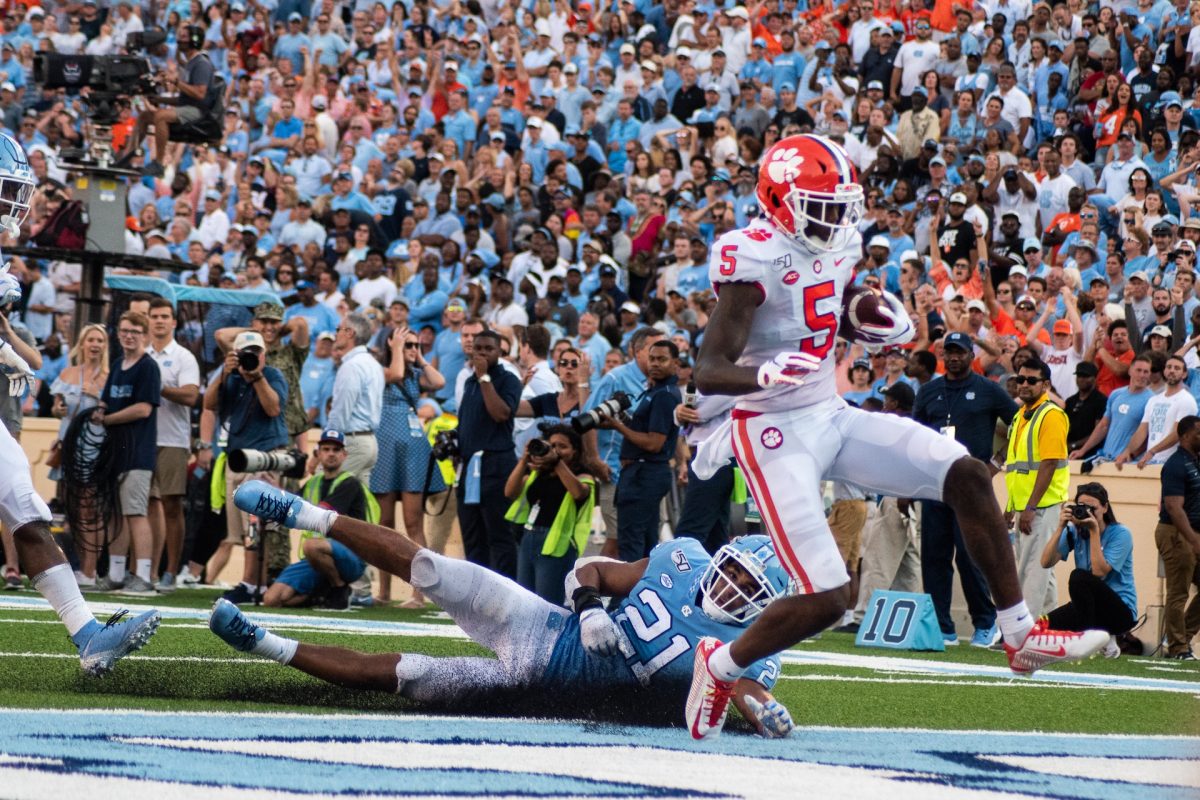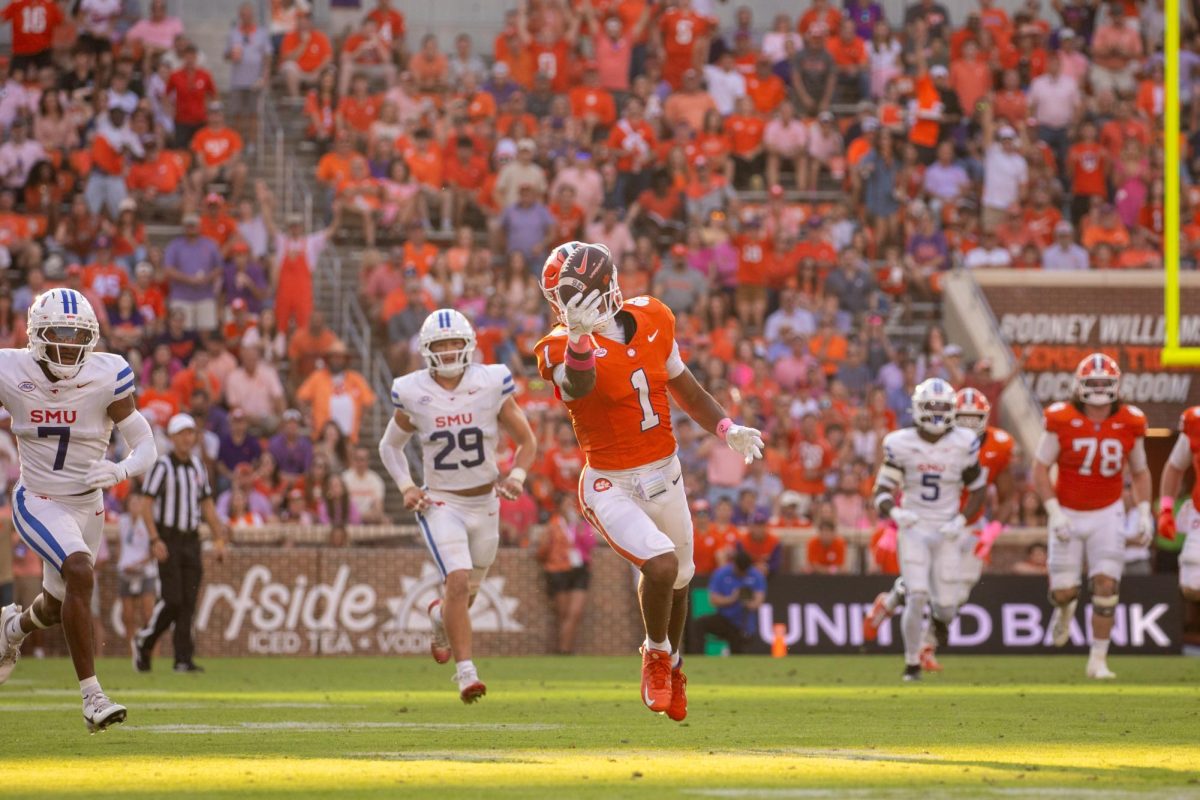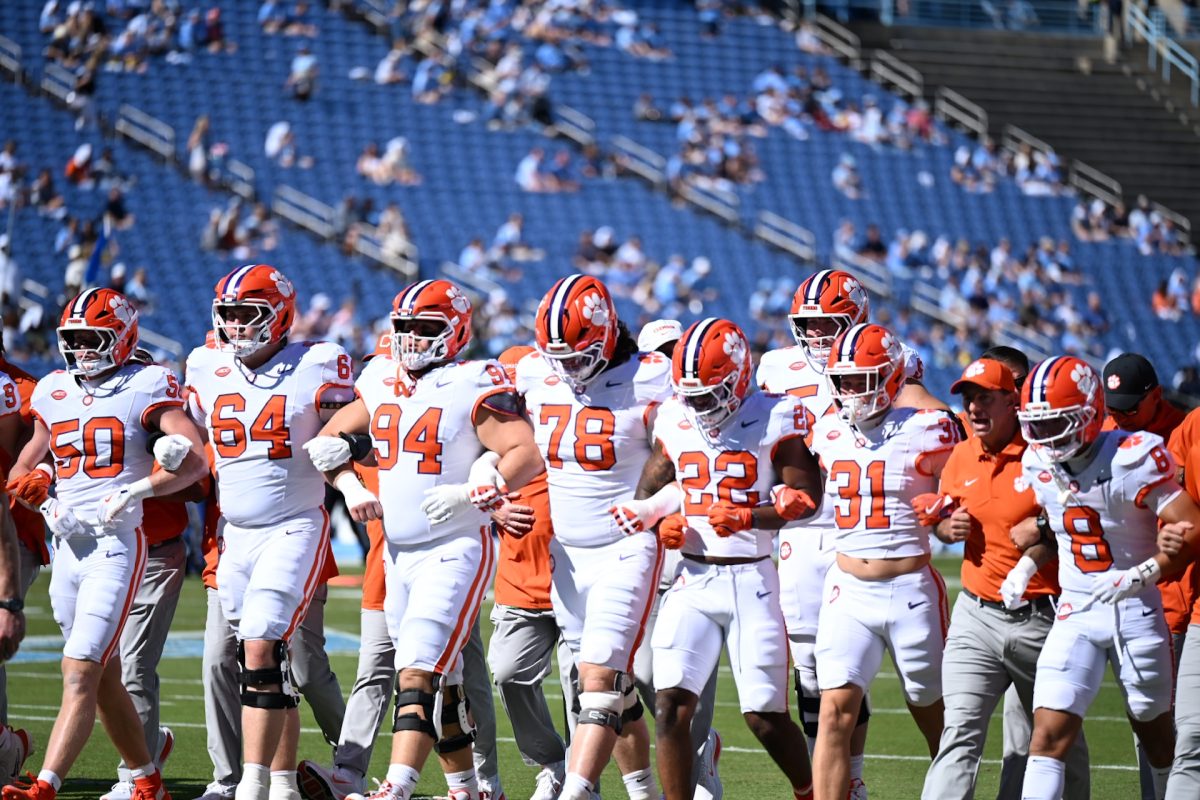Although it may not be in a manner as blatantly obvious as a shiny new transfer quarterback, Clemson’s roster is going to look very different this season.
Speaking to members of the media at the ACC Kickoff in Charlotte, North Carolina, head coach Dabo Swinney commented on several offseason hot topics. The majority of his time, however, was spent discussing recent proposed NCAA rule changes regarding scholarship athletes, namely one that would allow schools to directly pay their athletes.
Currently, Division I Football Bowl Subdivision schools can award 85 full scholarships to members of a given team. Unlike other sports, which deal with equivalency scholarships that can be chopped up, football does not deal in terms of partials.
A $2.8 billion settlement has been agreed upon by the NCAA and several power conferences, which would essentially eliminate the scholarship cap for football teams and give schools the ability to pay their athletes directly.
In light of the frequently shifting NIL landscape, this may sound like a positive change in direction for student-athletes — but not all of them. Rather than limiting the amount of scholarship money, a cap of 105 will likely be placed on the number of players allowed on the roster.
“There’s not many coaches that want 105 scholarships. They want to keep their walk-ons,” Swinney told the cameras.
“You think you’ve got transfers now? Wait until you have 105 scholarships.”
The danger of the scholarship cap is the functional elimination of a walk-on. If the team starts the season with 105 players and loses 20 of those to injury, there’s no well to draw from to replenish any depth.
“We’re going to play more games than we’ve ever played, practice more than we’ve ever played, finish longer than we’ve ever played, and we’re going to have the smallest roster we’ve ever had,” he said.
“It’s not like they said, ‘Hey, no walk-ons’ — that’s just what happened when it was settled, that you can’t limit scholarships anymore.”
Walk-ons have a special place in the hearts of Clemson fans. Without the open roster space, the likes of Wide Receiver U-royalty Hunter Renfrow never would have been introduced to the upstate.
The House vs. NCAA settlement also impacts the recruiting trail as programs are forced to be even more selective in the young men they choose to follow. The inverse relationship between supply and demand means that with fewer roster spots, there will be greater competition, forcing high school students to find new ways to stand out to scouts.
“The type of kids we recruit, they have lots of options. It never gets old when a kid signs up and says, ‘Hey, I want to be a part of that,’” Swinney added. “The opportunity to change their life with access to education, that’s what it’s all about.”
Swinney and his crew will next take to the field for the Tigers’ season opener when they kick off against the Georgia Bulldogs at noon on Aug. 31 at Mercedes-Benz Stadium in Atlanta.






